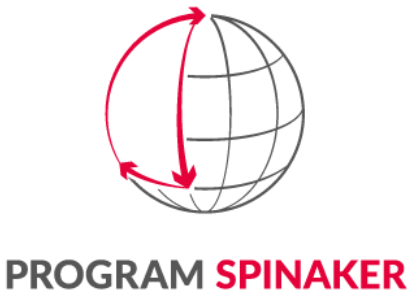University of Gdańsk is implementing a program co-financed by the European Social Fund under the Operational Program Knowledge Education Development entitled “International Summer School – Pollution in the Coastal Zone 2.0.”
EU co-financing for the project: PLN 510,771.00
The aim of the project is to expand the educational offer of the University of Gdańsk for foreign and Polish students with an international program in Earth and environmental sciences in the period from June 1, 2025, to July 31, 2026.

The project is being implemented as part of the National Agency for Academic Exchange’s SPINAKER program – Intensive International Education Programs. The program will be financed entirely from the European Social Development Fund 2021-2027 (ESDF) and will be implemented as part of the NAWA project entitled “Support for the creation and implementation of international education programs,” project no. FERS.01.05-IP.08-0436/23. in the period from June 1, 2025, to July 31, 2026.
The program is intended for students of oceanography, biology, chemistry, geography, environmental protection and other studies, who are particularly interested in various aspects of the functioning of the marine environment.
The “International Summer School – Pollution in the Coastal Zone 2.0” will take place in Gdynia (Northern Poland) on May 4-13, 2026 (Arrival date to Gdynia: May 3, 2026, departure date: May 14, 2026).
The project provides 25 places for foreign students and 5 places for students from Poland.
Participants of the POLCA 2.0 Summer School from outside Poland will receive a scholarship and a lump sum for living and accommodation costs totaling PLN 4,500 (approximately EUR 1,000) and a travel allowance of PLN 1,000 to PLN 3,000 (EUR 220-670), depending on their place of origin.
